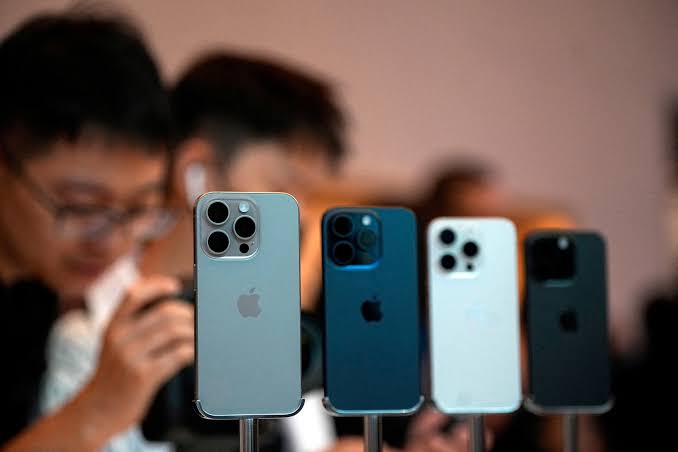
In an unprecedented move highlighting the shifting dynamics of the world’s largest smartphone market, Apple Inc. has announced significant price cuts on its flagship iPhone devices in China, as the tech giant grapples with intensifying competition from resurgent local manufacturers and cautious consumer spending.
Market pressures force a strategic shift
The four-day promotion, beginning January 4, offers discounts of up to 500 yuan ($68.50) on Apple’s premium devices, including the iPhone 16 Pro and Pro Max models. This marks a notable departure from Apple’s traditionally rigid pricing strategy, reflecting growing pressure in a market where domestic brands are gaining momentum.
“Apple’s strategy has changed to adapt to the change in Chinese consumers’ shopping behavior,” explains Will Wong, senior research manager at IDC. “The value-seeking trend has made price discounts more attractive to consumers. Apple may fall behind other competitors if it doesn’t adopt such a pricing strategy.”
Huawei’s remarkable comeback
The pricing adjustment comes as Huawei, Apple’s primary domestic competitor in the premium segment, has slashed prices on its high-end devices by up to 20%. The Shenzhen-based company has demonstrated remarkable resilience, posting over 40% sales growth in the third quarter of 2024 despite ongoing U.S. restrictions. Its successful return to the premium smartphone market in August 2024 has significantly altered the competitive landscape.
Market dynamics and economic context
Recent market data reveals a shifting competitive landscape:
- Vivo emerged as China’s leading smartphone manufacturer in Q3 2024
- Apple’s sales declined by 0.3% during the same period
- Huawei’s sales surged by more than 40%
- Apple briefly dropped out of China’s top five smartphone makers before recovering its position
Government intervention and consumer behavior
The Chinese government has actively worked to stimulate consumer spending, recently expanding its trade-in program to include mobile devices, tablets, and wearables. This initiative, coupled with broader economic challenges, has created an environment where even premium brands must adapt their pricing strategies to maintain market share.
“We’ve seen market competition increase with almost everyone launching a flagship last quarter,” notes Ivan Lam, senior analyst at Counterpoint Research, highlighting the increasingly competitive nature of China’s smartphone market.
Looking ahead
As Chinese consumers become increasingly value-conscious amid economic uncertainties, Apple’s rare discount strategy signals a potential shift in how global tech giants approach the world’s largest smartphone market. The success of this promotion could set a precedent for future pricing strategies in the region.

















































